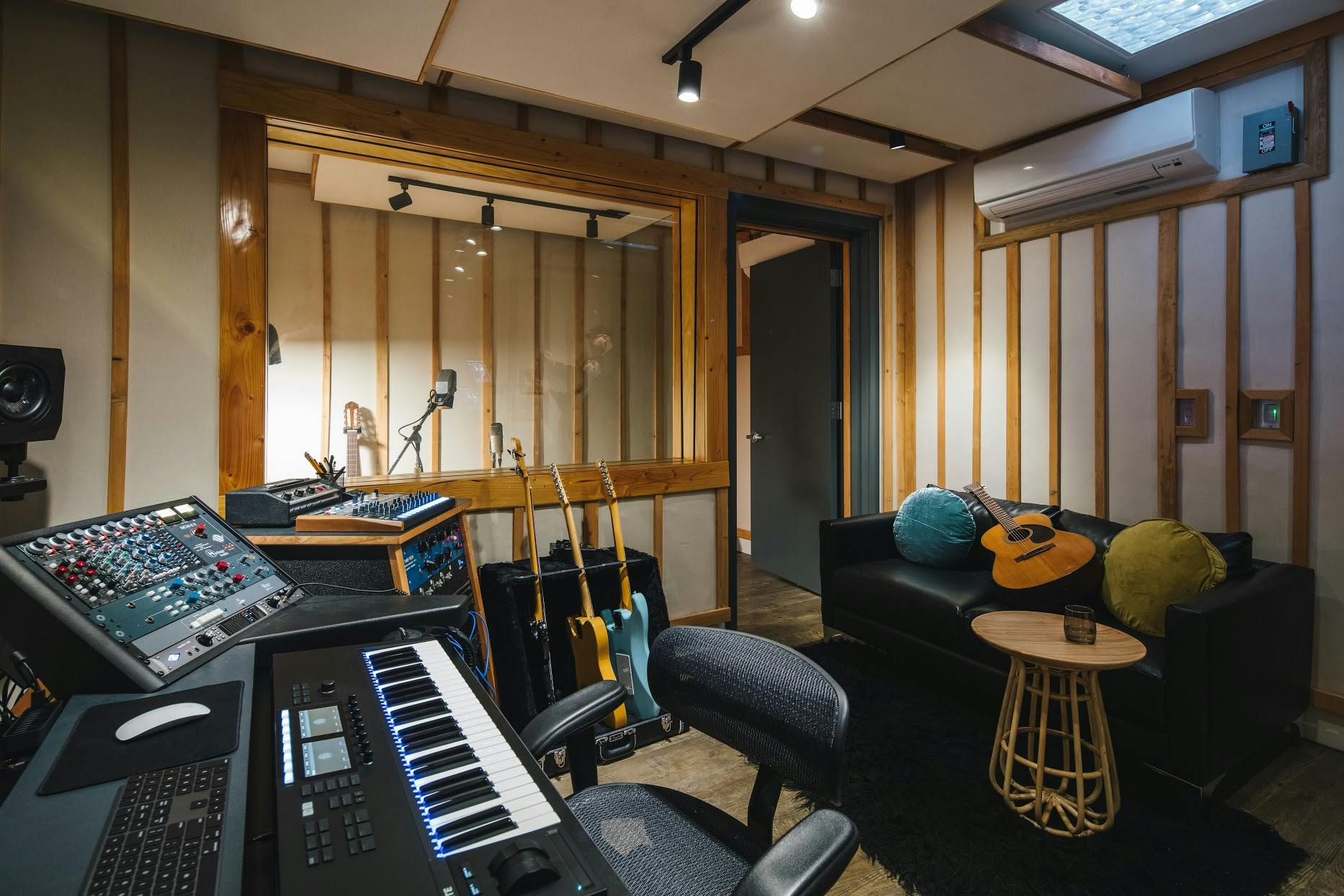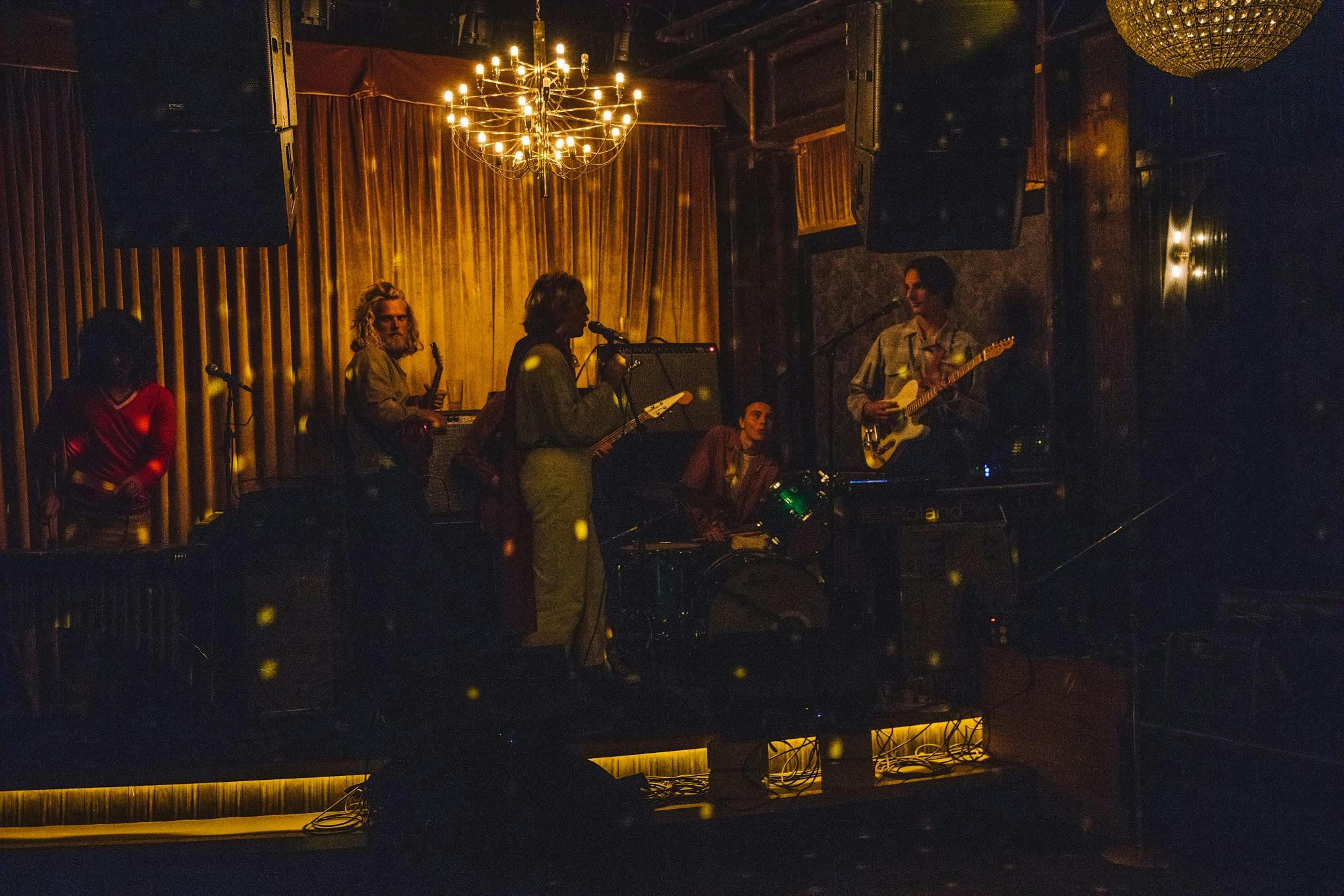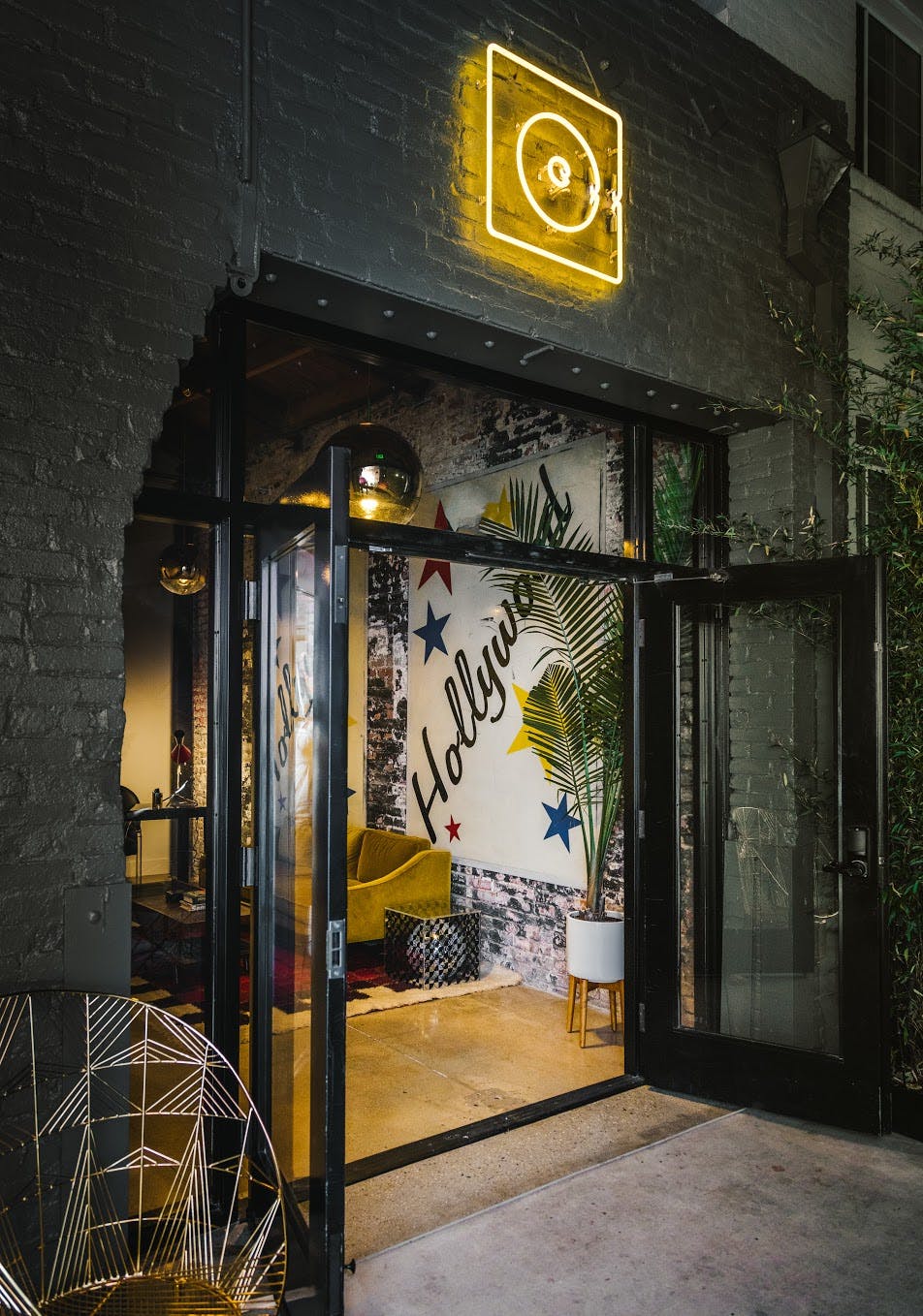Since March 2020, the team has pivoted, but the core concept remains: a well-rounded and holistic experience for the artists who record there. The hotel might not be getting as much traffic, but thanks to an early investment in live streaming equipment, the venue is still alive. Horrocks points out that the priorities for the studio have shifted. “We wanted to have a live-streaming facility before the pandemic, we just never had the time to do it”, he says. “But now, the venue’s been closed for a year.”
The team knew what they had to do. Horrocks explains: “We had to come up with a solution, so it didn’t matter whether it was going to be a perfect or complete thing. Dave and I were on a bunch of calls with agents last year in April and May and they were asking us about live streaming, and we would ask, ‘How do you want to do a live stream?’ And they would say, ‘I don’t know.’ So we decided to educate ourselves and come up with a solution so we could offer streaming as a service for the venue in addition to all the other things we can do.”
Thankfully, the team at DICE were able to support Gold-Diggers with a sudden pivot to streaming. Neupert notes that: “Pre-pandemic, DICE offered up a flexible ticketing solution that fit perfectly with our non-traditional venue model. We host many non-ticketed events as well as ticketed ones and DICE works well for both options. I was really impressed by their seamless transition to becoming a multi-faceted live stream enabler.”
Despite the challenge of creating a new solution, the project has been a success. “DICE’s early outreach to us within weeks of the shutdown was a catalyst for us to take a serious look at the opportunity to become a live stream production venue”, says Neupert. “Their belief in us during the lockdown has taken our collective relationship to another level. I can’t wait until the day when we can host live shows again with DICE as our ticket partner.”


